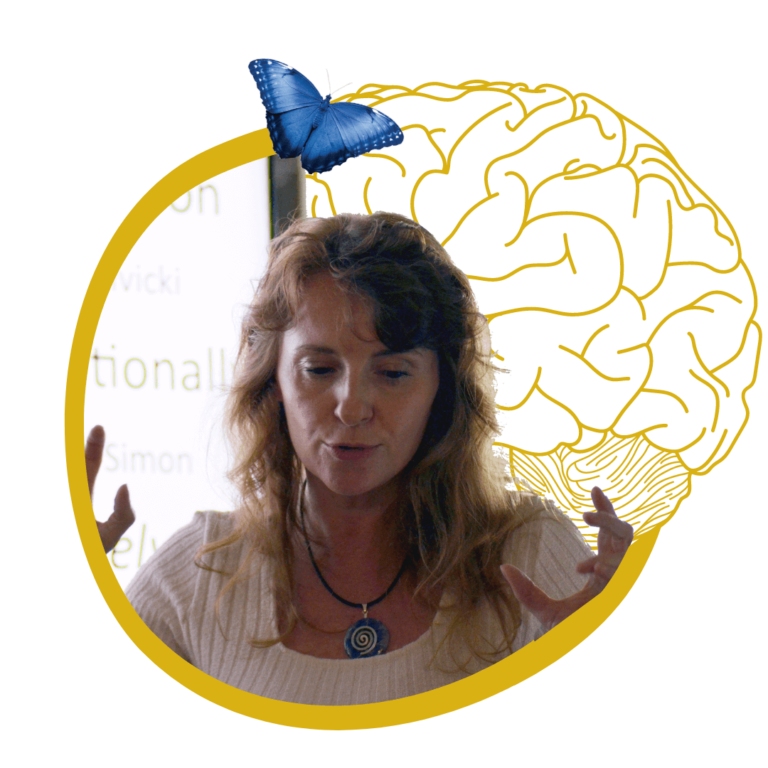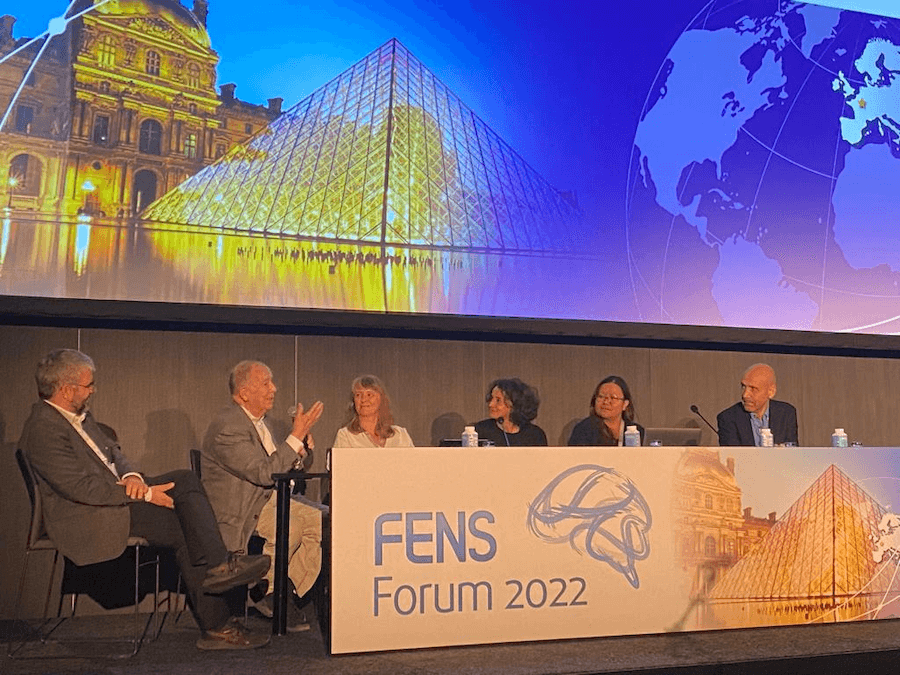
I create capabilities.
My particular passion is advocating for children at risk and enabling equal opportunities for them in order to reach their full cognitive potential. Based on many years of interdisciplinary research, I use approaches in practice that aim at supporting people, especially children and adolescents who feel disconnected and lack a sense of belonging.
In my approach, I use psychoeducation with the goal of meeting a person’s universal needs and values that are in connection with their social environment.
In this way, I contribute to enabling them to thrive and try to heal what adverse experiences may have broken.

About Dr. Sarto-Jackson
Isabella Sarto-Jackson is a neurobiologist, executive manager of the Konrad Lorenz Institute for Evolution and Cognition Research, and president of the Austrian Neuroscience Association (ANA).
She holds a Master´s degree in genetics, a PhD in neurobiochemistry, and the venia docendi in neurobiology.
For more than a decade she has worked as a neuroscientist at the Center for Brain Research of the Medical University in Vienna.
She has since extended her research focus to cognitive science and evolutionary biology and gives lectures at the University of Vienna, the Webster Vienna Private University, and the Comenius University in Bratislava.
Isabella Sarto-Jackson is associate editor of the journal Biological Theory and co-chair of the education committee of the International Society for the History, Philosophy, and Social Studies of Biology.
Over the last years, she has dedicated her efforts to teaching neuroscientific findings to social education workers and social welfare workers by giving advanced training courses. Her work is highly interdisciplinary – at the interface of neurobiology, cognitive science, evolutionary biology, and social education.
Her particular passion is advocating for children at risk and enabling equal opportunities for them in order to reach their full cognitive potential.


Psychoeducation
Psychoeducation makes scientifically sound knowledge about complex biomedical topics easily accessible to everybody who is interested in the topic. It uses everyday language to transfer systematic and structured information that then can be used for evidence-based therapeutic interventions.
Interdisciplinarity
"The only way in which a human being can make some approach to knowing the whole of a subject is by hearing what can be said about it by persons of every variety of opinion and studying all modes in which it can be looked at by every character of mind. No wise man ever acquired his wisdom in any mode but this." John Stuart Mill.
The Social Brain
Neuroplasticity is our nervous system´s capacity to reorganize itself throughout life. Our brain is constantly changed by experience, interactions with our social and ecological world, emotional development, and self-reflection. These changes are enabled by neuroplasticity while at the same time these processes provide a substrate for creating our own social and cultural environment that function as a learning niche for others.
The Making & Breaking of Minds
I am focused on the “making and breaking forces” that drive neuroplastic processes. These are forces mediated by parents, alloparents, peers, and our socioeconomic niche.